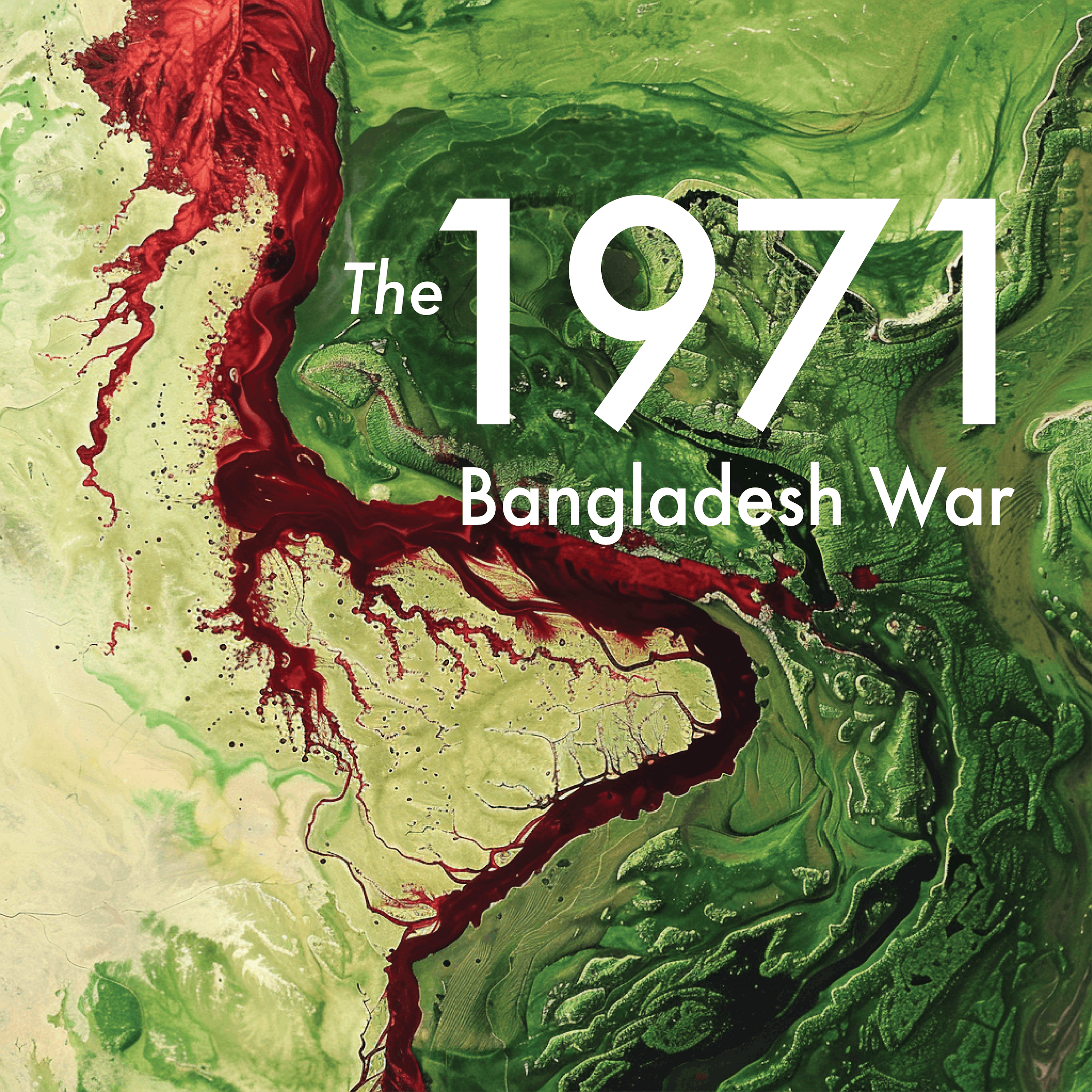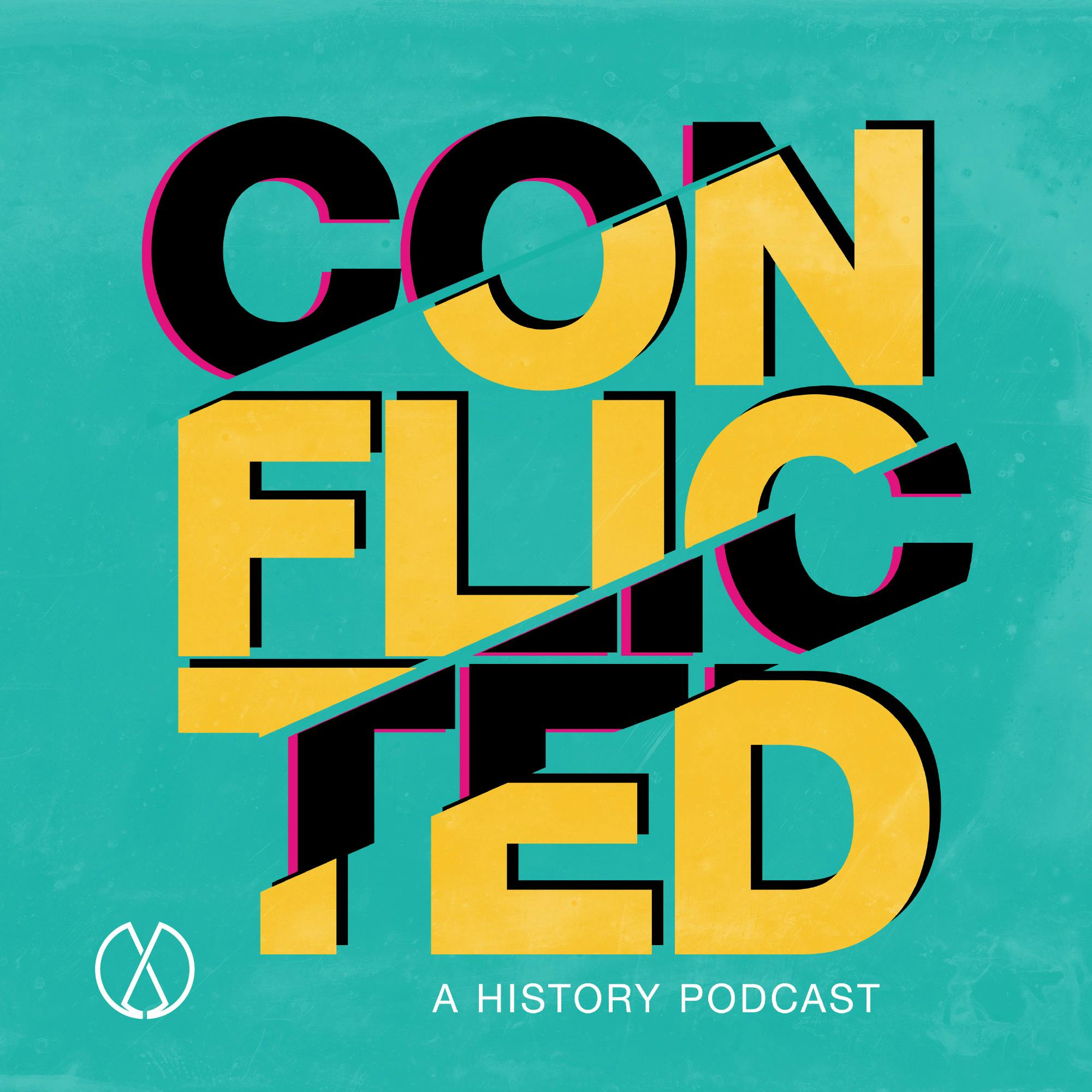
The 1971 Bangladesh War – Part 1: Land of Broken Maps

Conflicted: A History Podcast
Deep Dive
Shownotes Transcript
*In March 1971, the nation of Pakistan was split apart by a vicious civil war, eventually culminating in the creation of a new state: Bangladesh. In this first episode of a multi-part series, we trace the origins of the conflict and introduce the key historical figures involved. *
* *
SOURCES:
Bass, Gary K. The Blood Telegram: Nixon, Kissinger, and a Forgotten Genocide.
Bennet-Jones, Own. The Bhutto Dynasty.
Carney, Scott. Miklian, Jason. The Vortex: A True Story of History’s Deadliest Storm, an
Unspeakable War, and Liberation.
Chang, Jung. Halliday, Jon. Mao: The Unknown Story.
Frank, Katherine. Indira: The Life of Indira Nehru Gandhi.
Gewen, Barry. The Inevitability of Tragedy: Henry Kissinger and his World.
Hiro, Dilip. The Longest August: The Unflinching Rivalry Between India and Pakistan.
Hitchens, Christopher. The Trial of Henry Kissinger.
Hoodbhoy, Pervez. Pakistan: Origins, Identity and Future.
Jalal, Ayesha. The Struggle for Pakistan.
James, Lawrence. Raj: The Making and Unmaking of British India.
Jayakar, Pupul. Indira Gandhi: A Biography.
Khosa, Faisal. The Making of Martyrs in India, Pakistan & Bangladesh.
K.S. Nair. December In Dacca
Keay, John. India: A History.
Mookherjee, Nayanika. The Spectral Wound.
Raghavan, Srinath. 1971: A Global History of the Creation of Bangladesh.
Rose, Leo. Sisson, Richard. War and Secession. Pakistan, India, and the Creation of Bangladesh.
Saikia, Yasmin. Women, War, and the Making of Bangladesh.
Schendel, Willem van. A History of Bangladesh.
Schwartz, Thomas Alan. Henry Kissinger and American Power.
Sengupta, Nitish. Land of Two Rivers: A History of Bengal.
Tudda, Chris. A Cold War Turning Point: Nixon and China, 1969-1972.
Walsh, Declan. The Nine Lives of Pakistan.
Zakaria, Anam. 1971: A People’s History from Bangladesh, Pakistan, and India.
Learn more about your ad choices. Visit megaphone.fm/adchoices)